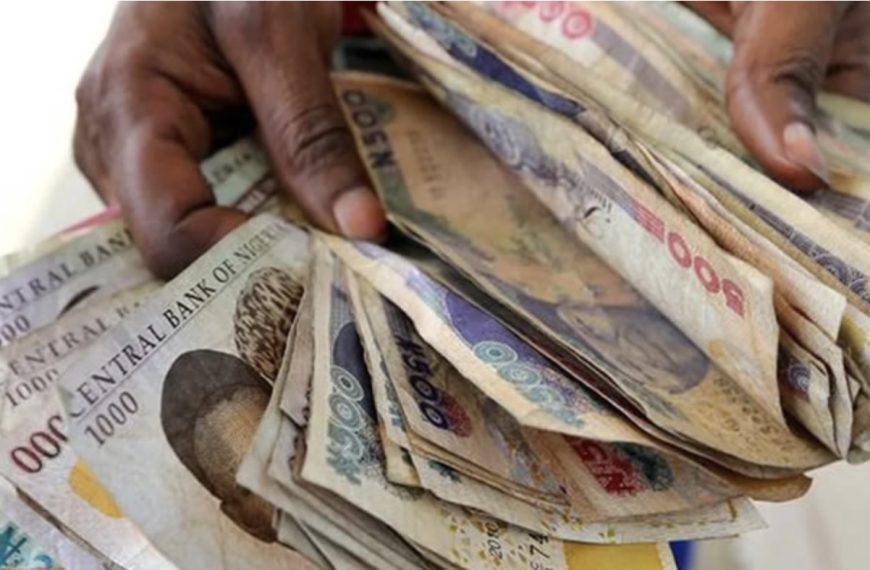The Federal Government incurred a significant loss of N13.2tn in foregone revenue as a direct consequence of the implementation of its foreign exchange subsidy policy between 2021 and 2023, the World Bank has stated.
It said the government lost N2tn in 2021, N6.2tn in 2022, and N5tn in 2023.
The amount forgone in revenue was due to its insistence on regulating the value of the naira against the dollar in the official exchange market but allowing a fair market value price at the parallel market.
This subsidy, designed to stabilise the currency and support certain sectors ultimately led to significant reductions in the government’s revenue streams during this period.
Last week Thursday, the minister of Finance, Wale Edun, at the launch of the World Bank Nigeria Development Update document, announced the termination of fuel and foreign exchange subsidies, marking the end of a long-debated policy.
Edun revealed that these subsidies had drained the country’s economy and will no longer be implemented by the government.
“Fuel and FX subsidies are extinguished,” Edun said, as he emphasised the financial strain these policies had imposed on the nation.
Nigeria had maintained a subsidy regime on petrol and foreign exchange spending for decades, consistently allocating a significant portion of its revenue to cushion the economic effects, which were largely unknown.
But in the latest NDU report, the World Bank stressed that the country lost N13.2tn in revenue that benefitted certain groups at the expense of the entire country.
From the amount, N3.9tn was lost from the non-oil sector as tax revenue.
The institution also highlighted that the government terminated the foreign exchange subsidy in February 2024, contrary to the policy announcement made by the Central Bank in July 2023.
The report read, “Quantifying the fiscal cost, through forgone revenue of multiple exchange rates: Prior to the full FX unification in February 2024, the presence of a parallel FX premium generated enormous fiscal costs, in the form of forgone revenues.
“This situation emerged because FX revenue inflows—such as oil and customs revenues, as well as a portion of domestic VAT and CIT which are paid in FX—were transferred to the treasury at the official exchange rate.
“However, due to the significant difference between the official and parallel market rates, the amount of naira-denominated revenue received by the Federation from FX-linked revenues was significantly reduced.
Punch












